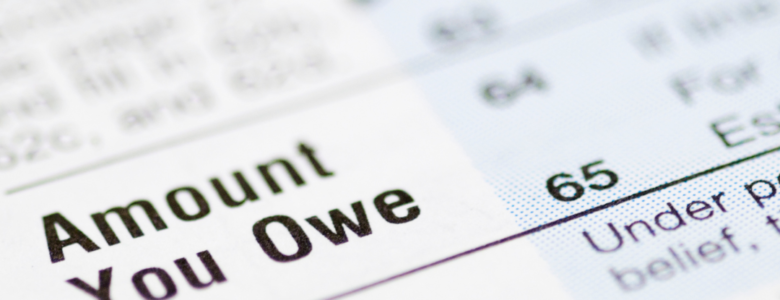Mortgages, either conventional or reverse, can be intricate financial tools. However, they are instrumental in facilitating home ownership, and in the case of reverse mortgages, providing financial stability for senior homeowners. One question that often arises is whether you can get a reverse mortgage if you still owe on your original mortgage or home equity loan. This article unravels the possibilities and outlines the factors to consider when weighing a reverse mortgage under such circumstances.
Understanding Reverse Mortgages
A reverse mortgage is a loan for homeowners aged 62 or older. It allows them to turn part of their home’s equity into cash. Unlike a traditional mortgage, where the homeowner makes payments to the lender, a reverse mortgage sees the lender pay the homeowner. The homeowner doesn’t need to repay the loan until they sell or vacate the home.
Reverse Mortgages When You Still Owe
Equity in your home is a primary requirement for a reverse mortgage. Even if you owe on your home, you can still get a reverse mortgage if you have enough equity. If approved, the reverse mortgage will first pay off any existing liens, including a current mortgage or home equity loan.
For example, let’s say you owe $100,000 on your home, and you apply for a reverse mortgage and qualify for $150,000. The first $100,000 of the reverse mortgage would go toward paying off what you owe, leaving $50,000 available to you as a line of credit, monthly payments, a lump sum, or a combination of these payout methods.
Determining Eligibility and Loan Amount
Several factors determine the amount of money you can get from a reverse mortgage, including:
- Age of the youngest homeowner
- Current interest rates
- Appraised value of the home
- Initial Mortgage Insurance Premium (IMIP) rate
- Lending limit set by the Federal Housing Administration (FHA)
The lender uses these factors to calculate the Total Annual Loan Cost (TALC), which ultimately determines the maximum loan amount.
Advantages and Considerations
A reverse mortgage can be beneficial, especially for seniors who wish to stay in their homes but need additional income. This type of loan can help homeowners eliminate the monthly payment of the original mortgage, freeing up cash for other uses.
However, it’s essential to consider the implications carefully. With a reverse mortgage, interest and fees are added to the loan balance over time, which means the amount you owe grows as the interest compounds. This growth can significantly reduce your equity in the home over time.
Moreover, if you’re considering a reverse mortgage, you should be planning to stay in your home for an extended period. If you move out or sell the house, the reverse mortgage becomes due and payable. This can be a significant drawback for those who wish to pass their home on to heirs, as it could mean the heirs would need to repay the reverse mortgage from their pocket or sell the house to pay it off.
So, can you get a reverse mortgage if you still owe on your home? Yes, if you have sufficient equity to cover the balance. A reverse mortgage could be a valuable tool for financial stability in retirement. However, as with any major financial decision, it’s crucial to understand the terms, costs, and potential implications. Consult with a financial advisor and a reverse mortgage counselor for guidance on the right decision.








